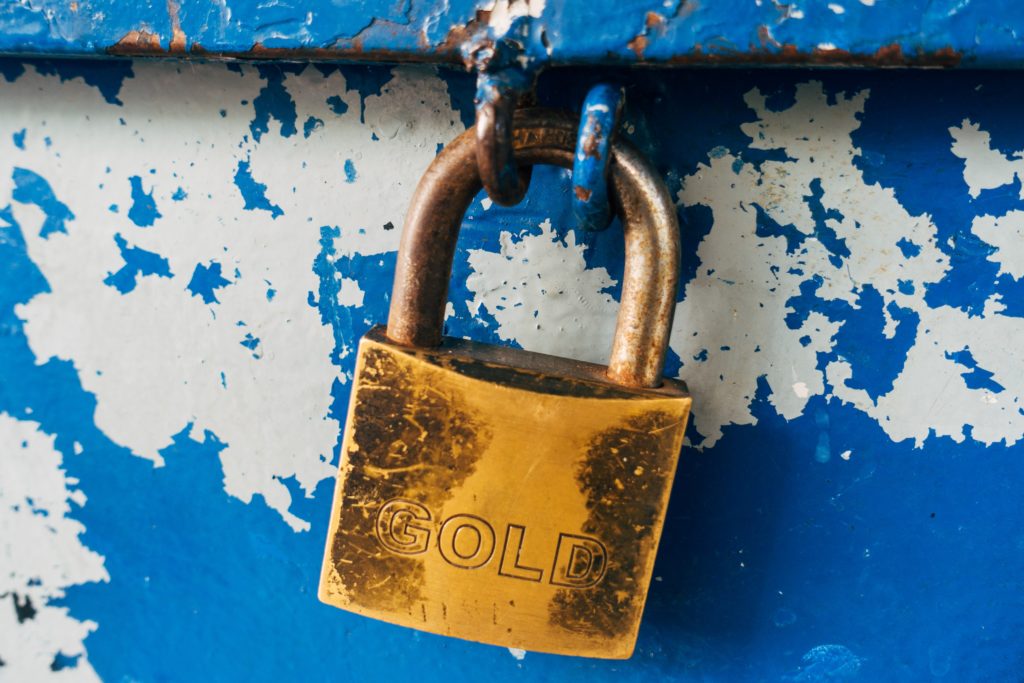A peace bond is often used as a protective measure if an individual is acting threateningly towards another individual, the individual’s family or their property.
It can be an effective warning against making further threats or placing anyone in further danger. Otherwise, a criminal charge, fine, jail term, and a criminal record may result.
If you are in fear of your safety, you can apply for a peace bond with or without the assistance of the police in Calgary.
Here we look at both processes for obtaining a peace bond…
How do you get a peace bond in Calgary without the police?
Under the Canadian Criminal Code, any person can apply to a court to obtain a peace bond against another individual without the involvement of the police.
The applicant will usually consult with a peace bond lawyer who can assist with the court application.
Alternatively, the applicant can go to their local courthouse and ask to see speak with the clerk of the criminal court. The clerk can supply the necessary forms and the applicant must present a sworn statement to the court, explaining why they fear that another individual will commit an offence against them, a family member, or against their property.
Once the sworn statement is made, a hearing date is set. Notice of the proceeding may need to be provided to the defendant with a summons to court, which must be served on the individual concerned.
The applicant may or may not be represented by a lawyer at the hearing but will be required to provide testimony. A decision will be made based on the evidence provided and the police will be provided with a copy of the details of the hearing.
How do you get a peace bond through the police?
Obtaining a peace bond through the police can be a more convoluted process. Law enforcement must pass through a series of steps to assist you with obtaining the court order, as follows:
1. Contact the police
Firstly, you must contact your local police and make a formal complaint, providing your reasons for doing so.
2. Police interview the applicant
You will then be interviewed by the police so that a statement can be taken on the precise reasons for your fears about the individual in question.
3. A police investigation
A police investigation will be conducted, which may require interviewing the defendant and witnesses and performing a criminal record check.
If the police decide that there are reasonable grounds for a peace bond to be drafted, they will detail the conditions by which the defendant must abide.
4. Consent or non-consent from the defendant
- If the defendant agrees to sign the peace bond:
No court appearance will be necessary and it will not appear on the defendant’s criminal record.
The police will swear the relevant information before the court, either in the local courthouse or the Circuit Court, also presenting the proposed peace bond signed by the defendant. This will then be signed by the court and activated.
Copies are usually sent to the national RCMP Headquarters, the national Canadian Police Information Computer database and the applicant.
- If the defendant does not agree to sign the peace bond:
The police will swear the information before the court, a hearing date will be set and the defendant will be summonsed to appear on that date.
If, however, the police show that the defendant is a threat to others or himself or is unlikely to appear, an arrest warrant may be issued by the court and the defendant will be arrested and maybe detained until the hearing date.
Alternatively, the defendant may be released subject to conditions until the hearing.
5. The court hearing
A typical peace bond court hearing may take a few hours or a few days depending on the complexity of the situation. It will generally cover the following:
- Evidence is presented from the police and the defendant for the court to determine whether there are reasonable grounds for fear of an offence being committed.
- Possible testimony from the applicant or others with first-hand knowledge of the situation.
- The court will decide whether to dismiss the application or activate the peace bond.
- Copies of the peace bond can be supplied to the applicant if necessary.
What are the typical conditions of a peace bond?
The peace bond usually lasts for a stated period and some typical conditions included are the following:
- No direct or indirect contact with those protected by the peace bond
- Maintaining the peace
- Being of good conduct
- Avoiding non-prescription drugs
- Avoiding alcohol
- Reporting to a probation officer
- Regular alcohol or drug testing
- Remaining a certain distance from the applicant’s home or place of work
- No weapons or firearms
- Paying a surety to the court or promising to do so in the event of a breach
Call Us To Arrange A Confidential Consultation
To speak with Cory Wilson or arrange a free, no-obligation consultation with Wilson Criminal Defence, call 403-978-6052 or email us here.

